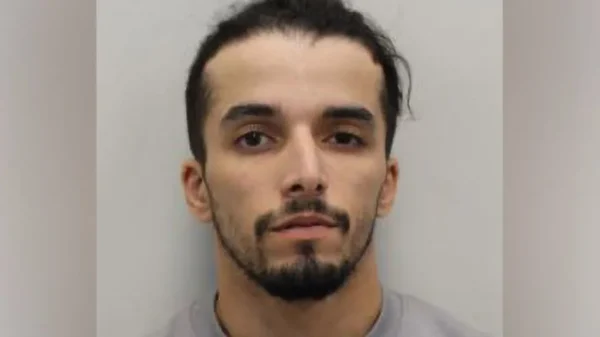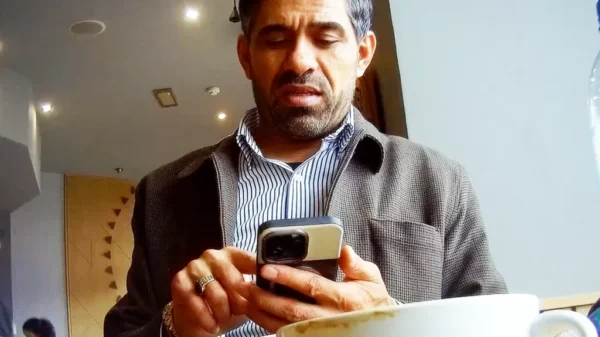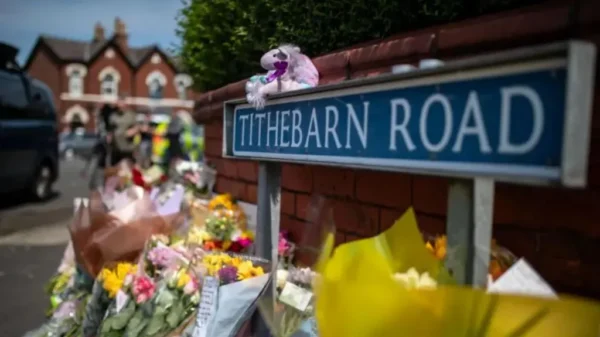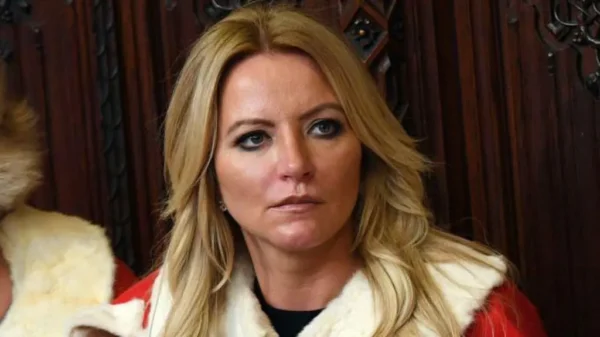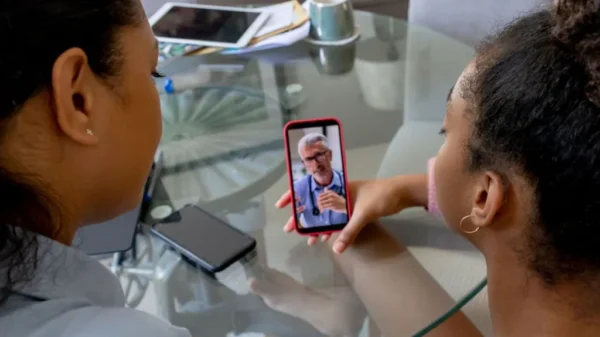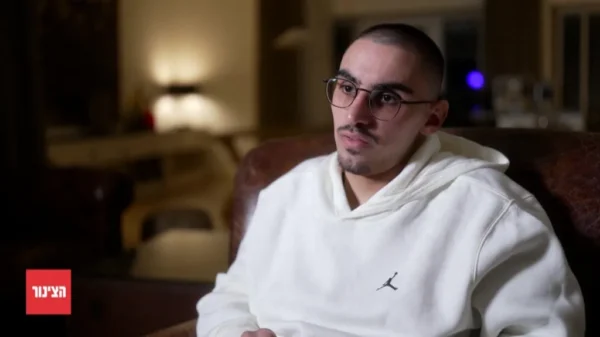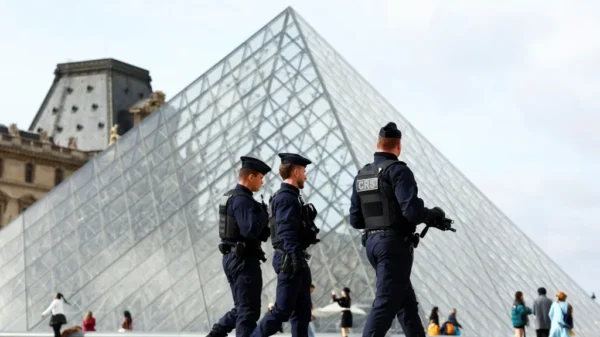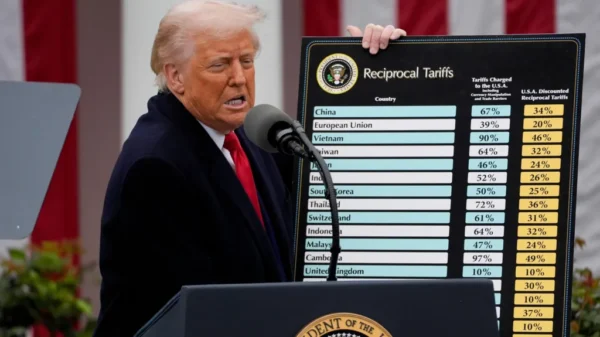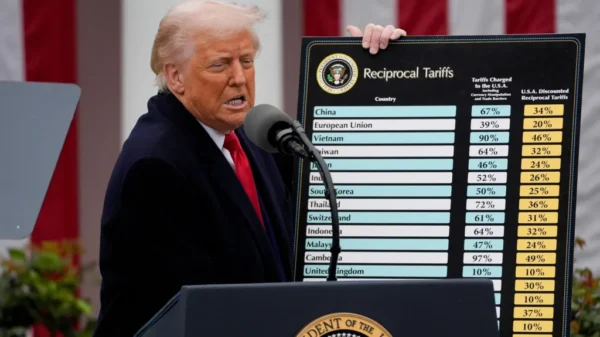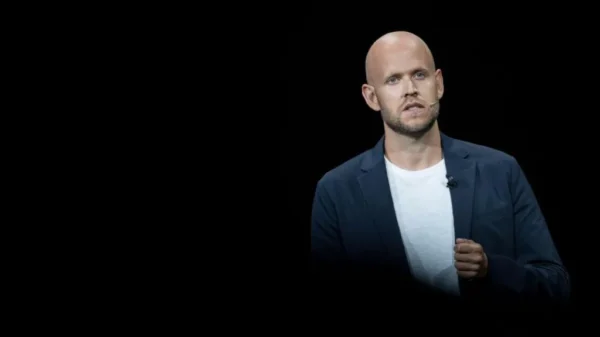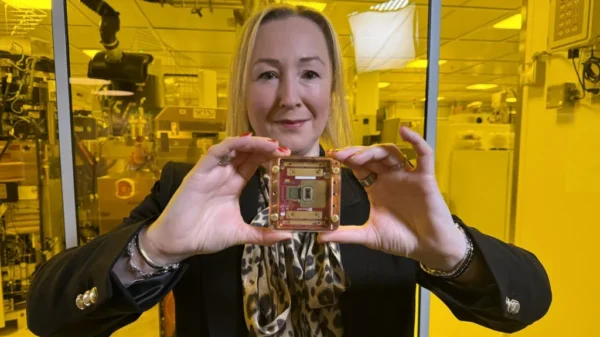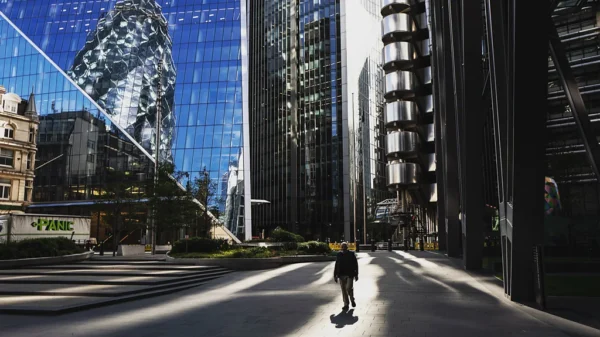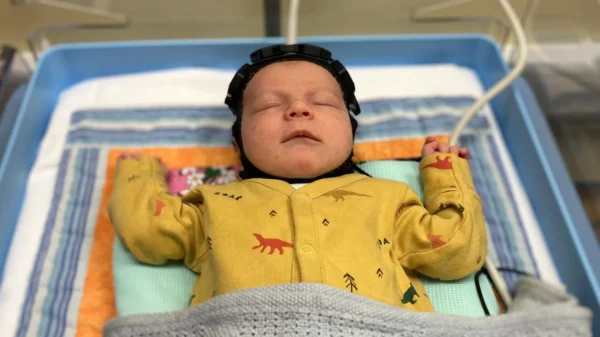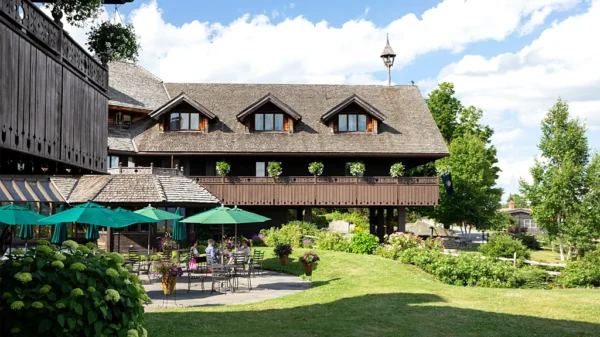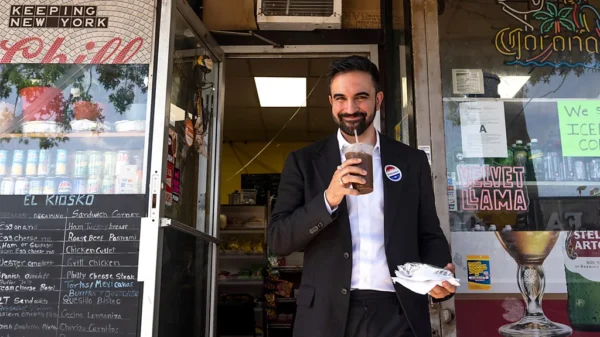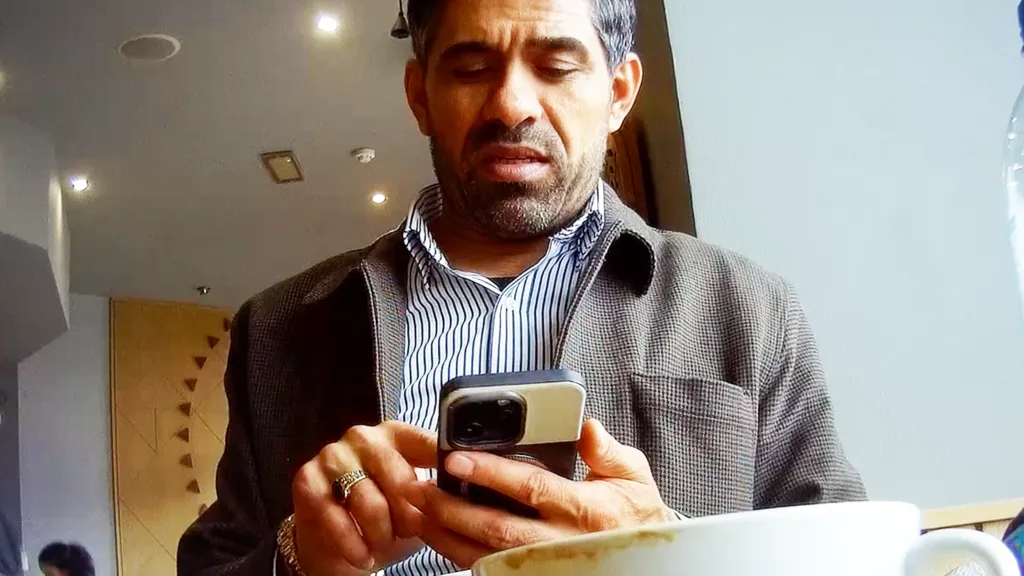A man at the centre of an organised crime network has been secretly filmed telling BBC undercover reporters how he can help to erase fines of up to £60,000 for employing illegal workers.
The self-described “accountant” is among a group of Kurdish men, first exposed in a BBC investigation on Tuesday, who enable migrants to work illegally in mini-marts, by registering the businesses in their own name.
The man, who goes by the name of Shaxawan, told the two journalists that he and his associates could help migrants – including asylum seekers – to set up businesses illegally and “confuse” immigration enforcement.
Operating from a solicitor’s office in Huddersfield, he said he had “customers in every city”.
In Companies House listings, Shaxawan is named as Kardos Mateen, a British resident in his 30s, and has been the director of 18 businesses across the north of England.
When later confronted by us, with details of his claims, he denied any wrongdoing.
Trading Standards confirmed it had found illegal cigarettes being sold in many businesses registered under the name Kardos Mateen, and the BBC was sold counterfeit tobacco in four mini-marts where he was listed as the director.
Shaxawan made several claims to our reporters:
- He could set up a company and provide bank cards and a card machine to accept payments from customers for one of our undercover reporters, believing him to be an asylum seeker
- His network could “confuse” Immigration Enforcement teams which “won’t have the time” to check details
- Fake directors would be paid to register mini-marts in their own names, while illegal workers, including asylum seekers, would actually run the businesses
- In separate deals, other people referred to as “ghost names” would be paid to put their names to large fines for illegal working
- An “English woman” in the network would help reduce hefty fines to “zero” and deal with other issues like electricity, gas and bailiffs
Our reporters also spoke to a paralegal, with Shaxawan present, who offered to “make documents”, including “business agreements”, to avoid fines.
‘I’ll make sure you have no issues’
It took months to set up the first meeting with Shaxawan.
He pulled up at a busy Manchester retail park in a white 4×4 BMW, in the belief he was meeting an asylum seeker who was looking to run a mini-mart and sell illegal cigarettes.
In fact, he was meeting Saman (not his real name), a Kurdish journalist working undercover for the BBC.
In a cafe, Shaxawan freely shared details of what he and his associates were able to offer: “We are a group. Each of us provides a service and works together,” he said.
He explained how he worked with an “English woman who dealt with electricity, gas and bailiffs”. And when Immigration Enforcement issues a fine, he added, “she makes it zero”.
“I will… set up your company, provide the [card] machine, get you electricity, speak to your landlord,” Shaxawan assured him. “I’ll make sure you have no issues.”
He told Saman that he should register a mini-mart business in the name of someone else – what is sometimes known as a “ghost director”. This would cost £400 per month, and getting access to a business bank card would require a one-off payment of £140, he said.
The ghost director would be the one to “take the risk” if the shop was raided by law enforcement and fines issued, he explained.
“That’s why you’re paying,” he said.
To show he was genuine and to provide reassurance, Shaxawan called someone he said could act as ghost director.
Saman explained to the man on the phone that he did not have asylum status.
“Don’t worry” came the reply. “As Mr Shaxawan says, send the money at the end of the month.”
ID documents sent to Saman by phone swiftly after his meeting with Shaxawan, revealed that the potential ghost director was a 28-year-old from Iran called Bryar Mohammed Zada.
Mr Zada has racked up company directorships for 20 car washes and mini-marts from Newcastle upon Tyne to Essex in the past 12 months, according to Companies House records.
Undercover journalists found illegal cigarettes being sold at four of Mr Zada’s businesses.
Fines turned to ‘zero’
We later got our second undercover reporter, “Ali”, who is also Kurdish, to investigate further by calling the same RKS Solicitors branch – but without mentioning Shaxawan.
Posing as a Kurdish mini-mart owner, he told the woman who answered the phone that he had received a £60,000 fine from Immigration Enforcement for employing two people without the right to work.
He was given an appointment with Zohaib Hussain, who is listed on RKS’s website as a paralegal – someone who can advise on legal matters but is not a qualified solicitor and works under supervision.
As Ali was arriving for his appointment with Mr Hussain at the RKS offices, he came across Shaxawan outside. On the street, Shaxawan repeated the claim he had made to Saman – that he could make fines go to “zero” with no comeback from authorities.
Shaxawan again referred to the “English woman” he mentioned in the earlier meeting, and said she could make sure that fines for illegal working were reassigned to other people, as if they were the culpable business owner.
Shaxawan said these would be Hungarians who “live nearby”. They would be paid between £2,000-£3,000 and their names would be used to assume liability for the fines.
He did not give any more details, but an immigration lawyer we spoke to suggested this could work much like receiving a speeding fine, and giving the name of someone else on the paperwork as the person who was driving – and therefore liable to pay the penalty.
Shaxawan said the overall cost to Ali would be about £4,600 per illegal worker. He said he had done this successfully in “Manchester, Birmingham, Blackpool and Leeds”, with the process usually taking about four weeks.
He added Ali’s company would then need to be closed, reopened and re-registered under a new name.
Ali was then let into the RKS branch, and Shaxawan came inside too. Inside an office, Shaxawan showed him documents on his phone detailing the people he claimed to have helped before.
Shaxawan claimed the scam would confuse Immigration Enforcement officers who would not have time to check the details.
Ali was then introduced to the paralegal, Zohaib Hussain. Shaxawan stayed in the room throughout the meeting.
Source: BBC

